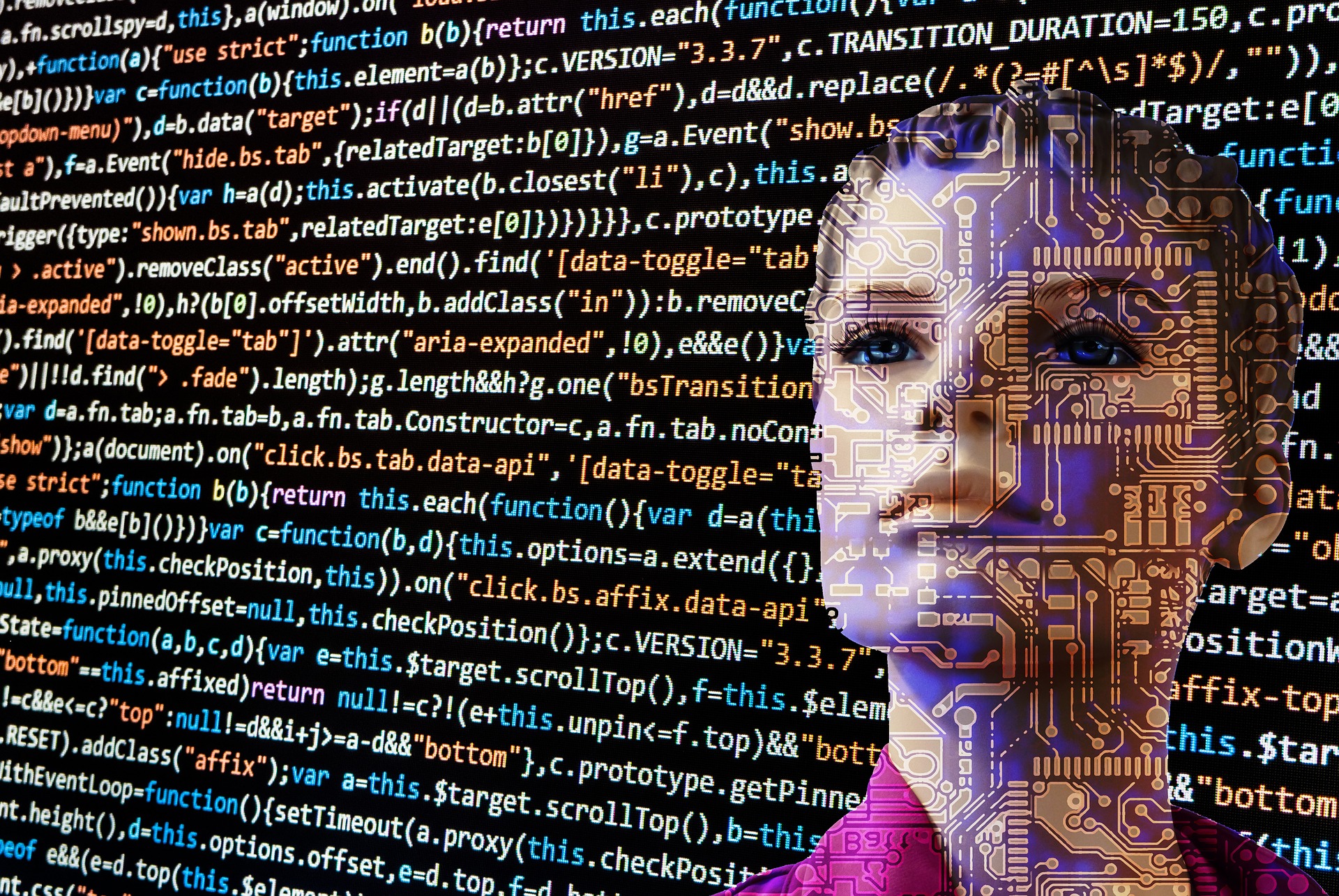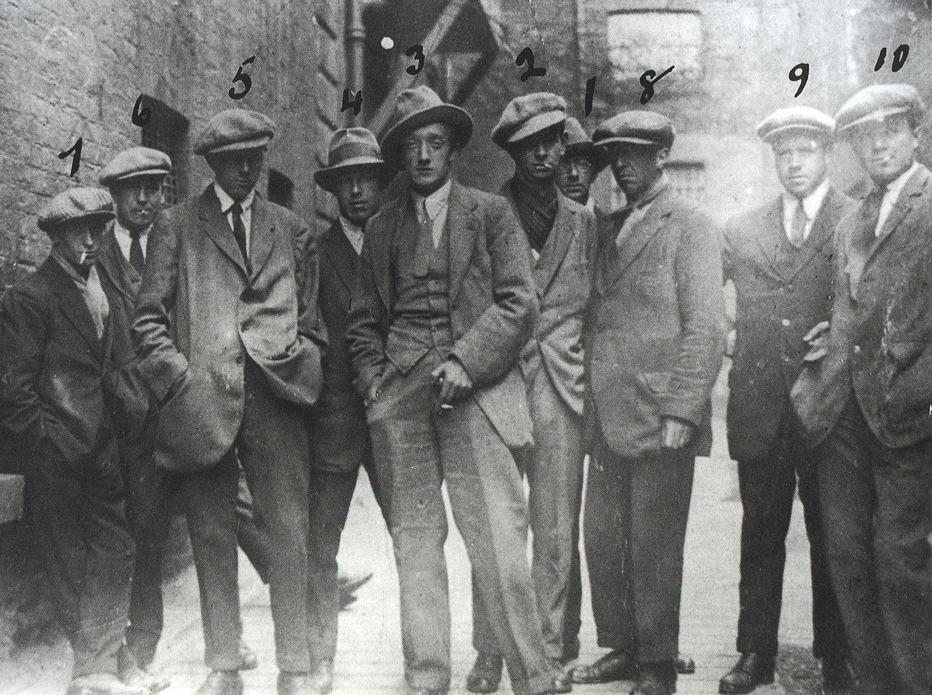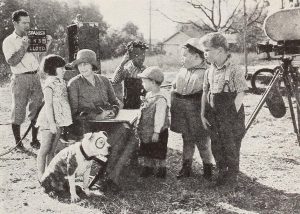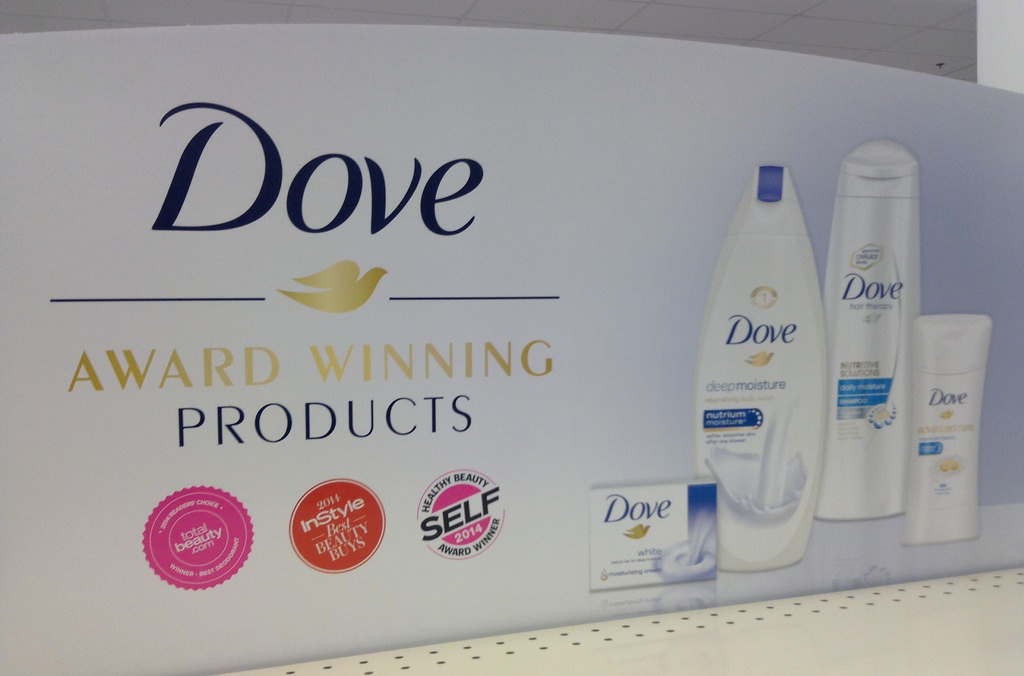Dystopian visions send Nick Bush a warning about the future of customer experience
I misread a message from a colleague yesterday telling me that Gordon Tredgold’s article on 15 things teams hate about you was on LinkedIn. I clearly hadn’t woken up as I thought the article was 15 things you hate about LinkedIn. To which my initial reaction was “only 15?” – harsh maybe but I then realised I had a beef with most of the social media I use. (OK, I know LinkedIn doesn’t really class itself as a social media app but you get my drift.)
But that doesn’t stop me from spending considerable chunks of my day on LinkedIn, Facebook and Instagram (I went cold turkey on Twitter a while back and feel much better as a result)…
And then I read an excellent, if slightly depressing post from Chris Skinner entitled “We are the robots” which asked the question “Is technology making us slaves” and in which he gives an account of a ride from an airport in a driverless car to an automated check-in his hotel. No human contact at all.
Welcome to the future… a bit like science fiction but without the jetpacks and flying cars.
Now that’s what I call dystopia
Back at home I’m being entertained, if that’s the word, by a great TV drama series, “Years and Years”, a family drama set against the backdrop of social, political and technological turmoil in an imagined future UK. It contains some brilliant writing and some great actors but what strikes me most is that its speculative future is entirely believable, being based on issues that concern us today: migration, climate change, populism and the unstoppable rise of technology.
With The Handmaid’s Tale getting into its third season and Black Mirror tempting as a Netflix binge, dystopian drama is back on my agenda.
But are these dire warnings couched as entertainment making a difference?
My use of technology – Twitter aside – has not reduced a bit since I can get the following benefits from that little device in the palm of my hand:
- News from various sources.
- Music and live radio.
- Connections with friends and family via Facebook and WhatsApp.
- Emails whilst on the move.
- Work connections via LinkedIn.
- Optimal navigation of the roads and transport networks
- Instagram (I still haven’t worked that one out fully as a trip to my page will show).
…and being a Brit, the weather app is a constant source of info – and a source of disappointment as another British summer fails to appear.
As a piece in the Economist reports, over 50% of the world is now online so my experience – my addiction you might say – is by no means unique. But I worry that with the many advantages of technological connectedness come the disadvantages of social isolation and a lack of human connectedness.
Customer experience to the rescue?
The drive to automate customer experience continues with a recent Gartner survey showing the over half of respondents expected AI to have the biggest impact on CX with chatbots and virtual assistants coming second. I’ve no doubt that automation can improve and streamline customer experience but increasingly I wonder what the cost will be, particularly where the needs of vulnerable customers are concerned. Increasing automation still requires the customer to do most of the work and if there are elements in process that the customer doesn’t understand or if something breaks the streamlined flow, bots are unlikely to help.
I’d like to see CX maintain a focus on human-centred interactions which may mean kicking against the trend for mass automation and focusing instead on the emotional capital that customers invest in your organisation. Customer journeys that pay attention to this and voice of the customer programmes that go deep enough to understand it will make sure that even if our phones become more and more integrated with our daily lives (a character in Years and Years has her tech integrated with her body) we won’t lose what makes us human, and ultimately what makes life worth living.
This post was originally published on The Next Ten Years




 The role of social media as a machine for allowing groups of people to be in a state of perpetual outrage is a trend which shows no signs of abating. Love it or loathe it, what should you do about it? Is responding to organised online campaigning a reasonable reaction to the Voice of the Customer or are you just caving into cyber-bullying?
The role of social media as a machine for allowing groups of people to be in a state of perpetual outrage is a trend which shows no signs of abating. Love it or loathe it, what should you do about it? Is responding to organised online campaigning a reasonable reaction to the Voice of the Customer or are you just caving into cyber-bullying?

 My social media credibility – recently boosted by having a tweet ‘favorited’ by a jazz pianist admired by my 16 year old – has taken a bit of a dive as I was unaware of Waitrose’s recent Twitter campaign – #WaitroseReasons – asking people to complete the sentence “I shop at Waitrose because….”. Initial reaction in the
My social media credibility – recently boosted by having a tweet ‘favorited’ by a jazz pianist admired by my 16 year old – has taken a bit of a dive as I was unaware of Waitrose’s recent Twitter campaign – #WaitroseReasons – asking people to complete the sentence “I shop at Waitrose because….”. Initial reaction in the